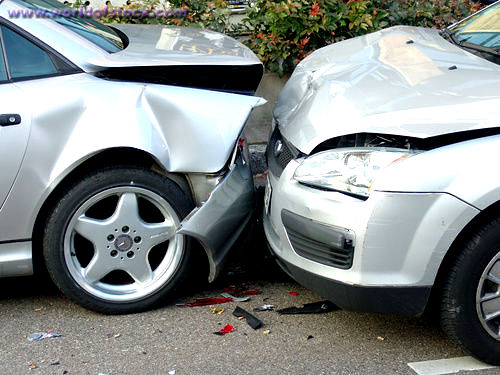Accidents happen, and when they do, it’s crucial to ensure that accurate and timely reports are filed to document the details of the incident. In Florida, individuals involved in accidents may benefit from what is known as the accident reporting privilege. This legal concept provides protection for statements made in the immediate aftermath of an accident, allowing individuals to provide information without fear that their statements will be used against them in potential litigation. In this blog article, we’ll delve into the accident reporting privilege in Florida, explaining what it entails and how it can impact individuals involved in accidents.
What is the Accident Reporting Privilege?
The accident reporting privilege, also referred to as the accident report privilege or accident report immunity, is a legal principle that applies to statements made by individuals involved in accidents while reporting the incident to authorities or other relevant parties. Under this privilege, statements made for the purpose of reporting or investigating an accident are generally considered privileged and cannot be used as evidence against the person who made the statement in subsequent legal proceedings.
 Miami Personal Injury Attorney Blog
Miami Personal Injury Attorney Blog



 Understanding the types of car accidents in Florida involves recognizing common scenarios and their potential causes. Here’s a condensed overview of the most important aspects that cover 80% of the topic:
Understanding the types of car accidents in Florida involves recognizing common scenarios and their potential causes. Here’s a condensed overview of the most important aspects that cover 80% of the topic: